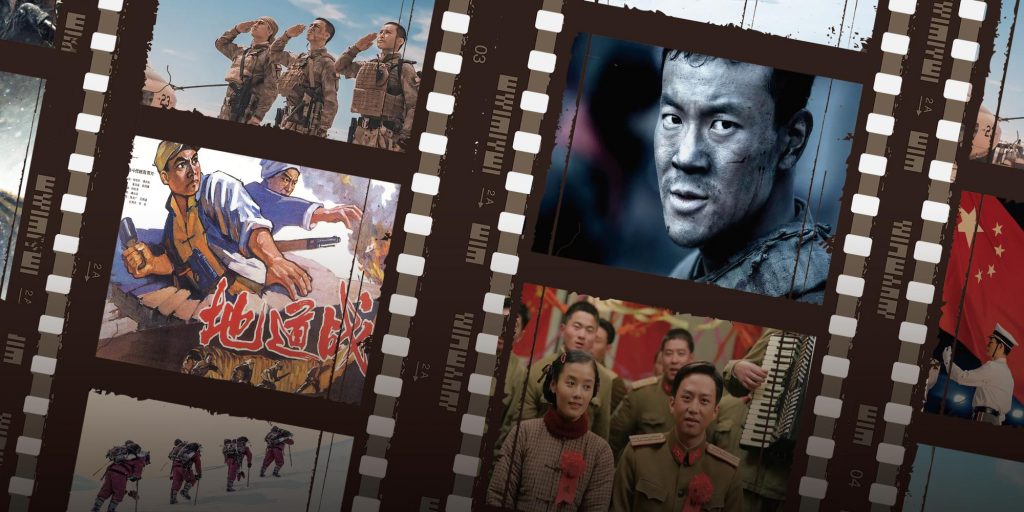So-called main melody films are harmonizing the Communist Party’s political values with Hollywood production values.
China’s film industry spent much of 2019 stuck in the doldrums. Other than the animated smash hit “Ne Zha,” the country’s production companies struggled to overcome a series of high-profile flops, tightened content restrictions, and fierce competition from Hollywood blockbusters. So when a trio of patriotic, so-called main melody films hit theaters just in time for this October’s National Day holiday, industry insiders could have been forgiven for holding their breaths.
They needn’t have worried. The People’s Republic of China’s 70th anniversary celebrations evidently had moviegoers in a patriotic mood, and the three films — “My People, My Country,” “The Captain,” and “The Climbers” — pushed the week’s box office receipts over 5 billion yuan (roughly $700 million), an increase of 132% over the same period last year. They were no one-week wonders, either: “My People, My Country” and “The Captain” are currently ranked in fourth and fifth place at the 2019 box office, respectively, with “The Climbers” in 14th place.
The term “main melody film,” or zhu xuanlü dianying, is used in China to describe a particular kind of movie, one generally in tune with the party’s goals. There is an ancient Chinese saying: “Words carry the Tao.” In the People’s Republic of China, main melody films perform an equivalent function: carrying the will and preferred social values of the Communist Party of China to the masses. By definition, a successful main melody film should exemplify China’s national spirit and unite the people in praising the historical achievements of the party, army, and the Chinese revolution.
The term first entered the official lexicon during a 1987 national conference of feature-film studio managers, at which the head of the country’s National Film Bureau, Teng Jinxian, called on attendees to “highlight the main melody while persevering the diversification” of the film industry as a whole.
Teng’s formulation may have been novel, but the concept was hardly new. Most Chinese films produced in the decades after the PRC’s founding in 1949 — such as 1956’s “Battle on Shangganling Mountain” and 1965’s “Tunnel Warfare” — were sculpted to fit ideological requirements. What changed in the late ’80s was the emergence of a more active, self-aware, and upscaled main melody film. Continue to read the full article here.
– This article orginally appeared on Sixth Tone.







